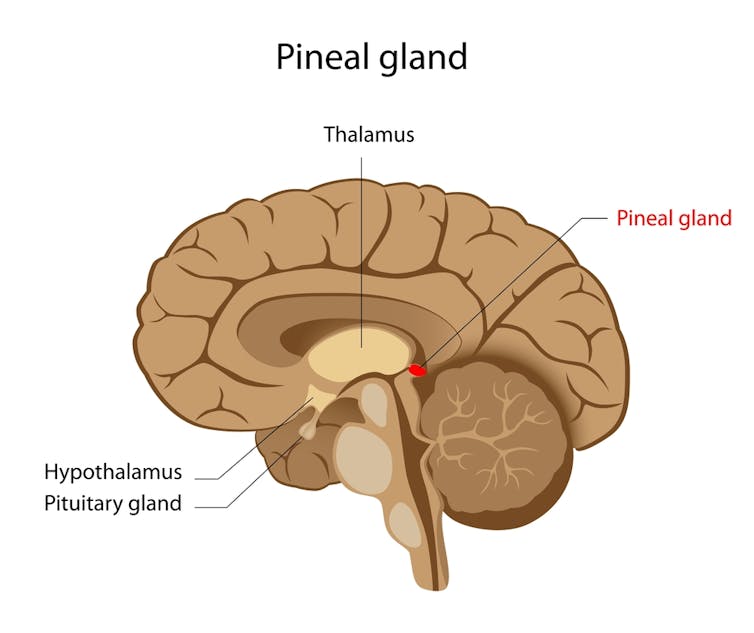I have been a doctor for over 20 years, 12 of which were dedicated exclusively to the practice of sleep medicine. Over the years, I have seen an enormous increase in the use of melatonin by my patients and their families. Although melatonin has helped many of my patients, there are some concerns that I have that are worth sharing.
Melatonin levels increase in response to darkness, telling the brain that night has arrived and it is time to sleep. When there is bright light, as in the morning, melatonin production shuts down and the brain knows that it is daytime.

I have seen many teenagers come to my clinic because they can’t sleep until 2am or 3am, but they’re up watching videos on their electronic devices until late at night.
I usually recommend my patients turn the lights off at a reasonable time and expect sleepiness to start occurring within one hour. But it takes time for the natural clock to adjust to a new schedule, and often my patients prefer to use a melatonin supplement to quicken the circadian time adjustment.
Over-the-Counter Melatonin
In some countries, such as the US, melatonin can be bought without a prescription. This situation concerns me because a lack of regulation can mean an increased risk of taking a different dose or ingredients than those reported. In fact, a study of melatonin supplements found that the content of the hormone ranged from -83% to +478% of the labelled content. The researchers also found other substances that were not reported to be in the preparation, including serotonin and valerian.Have I used melatonin or recommended it to my patients? Absolutely. But only when I know exactly what I am recommending it for. Insomnia can be a symptom of a sleep disorder like restless legs syndrome or obstructive sleep apnoea, or it can be a symptom of another condition, such as depression, asthma or pain.
When a sleep specialist identifies the correct diagnosis, then the treatment options can be explored. When I need to prescribe melatonin, I usually recommend starting with the lowest dose possible (0.5mg) one to two hours before their current bedtime, and I recommend that the patient turns their lights off, or dims them, before taking melatonin. I also recommend avoiding other contributors to poor sleep, such as caffeinated products after 3pm, heavy exercise in the evening, or the use of electronic devices before bedtime.
